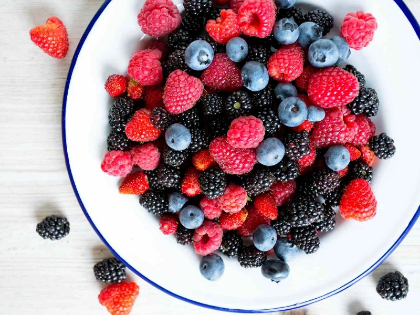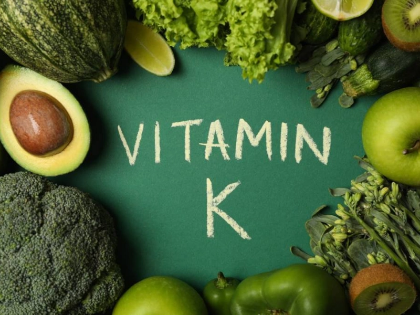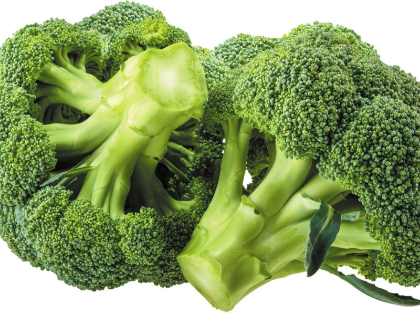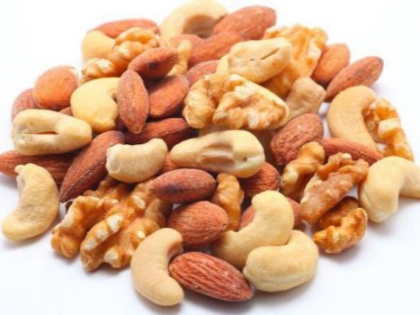Vitamin K and Bone Fracture Prevention: Beyond Calcium Supplements
Introduction to Vitamin K and Bone Health
Vitamin K plays a crucial role in bone metabolism as a fat-soluble vitamin. It's essential for producing osteocalcin, a protein that binds calcium to bone matrix, thereby enhancing bone strength. While calcium often receives the spotlight in bone health discussions, vitamin K's role in fracture prevention is equally vital and deserves attention.
Mechanism of Bone Density Enhancement
Research demonstrates that adequate vitamin K intake contributes to increased bone density. Key benefits include: - Enhanced bone mineralization - Reduced fracture incidence - Regulation of bone remodeling process - Support for structural bone integrity
Dietary Sources
Vitamin K is abundantly found in various foods, particularly:
- Green leafy vegetables (kale, spinach)
- Broccoli
- Brussels sprouts
- Green beans
- Vegetable oils
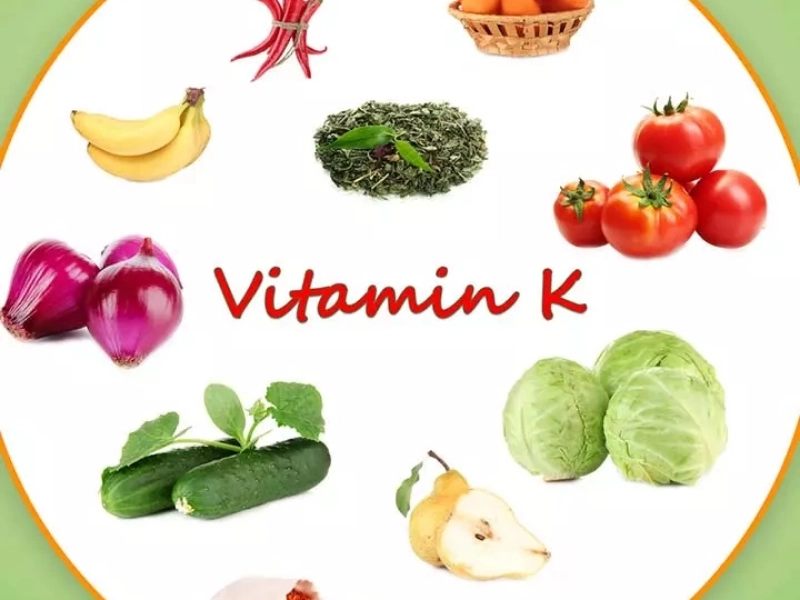
Synergy with Calcium
The relationship between vitamin K and calcium is crucial for bone health:
- Vitamin K ensures proper calcium utilization
- Prevents calcium accumulation in soft tissues
- Promotes optimal bone mineralization
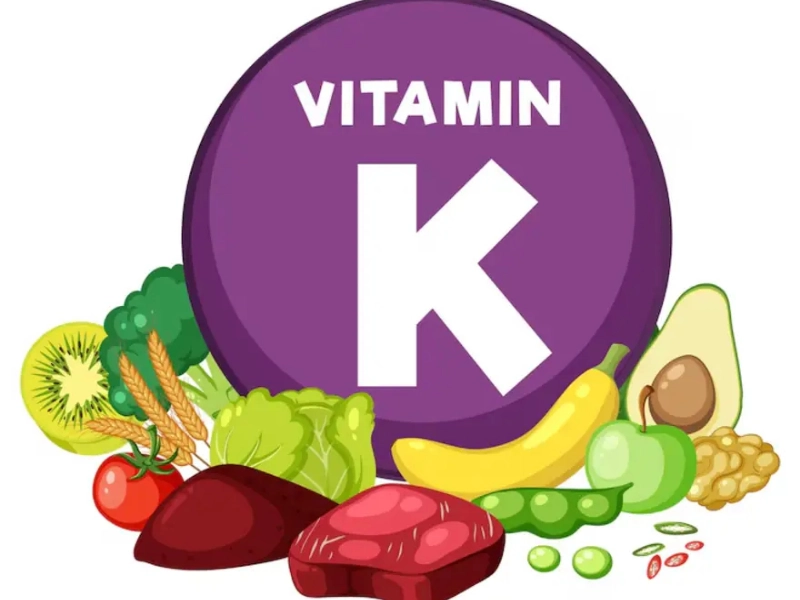
Deficiency Risks
Vitamin K deficiency can lead to several health issues:
- Reduced bone mineralization
- Increased fracture risk
- Easy bruising
- Bleeding problems
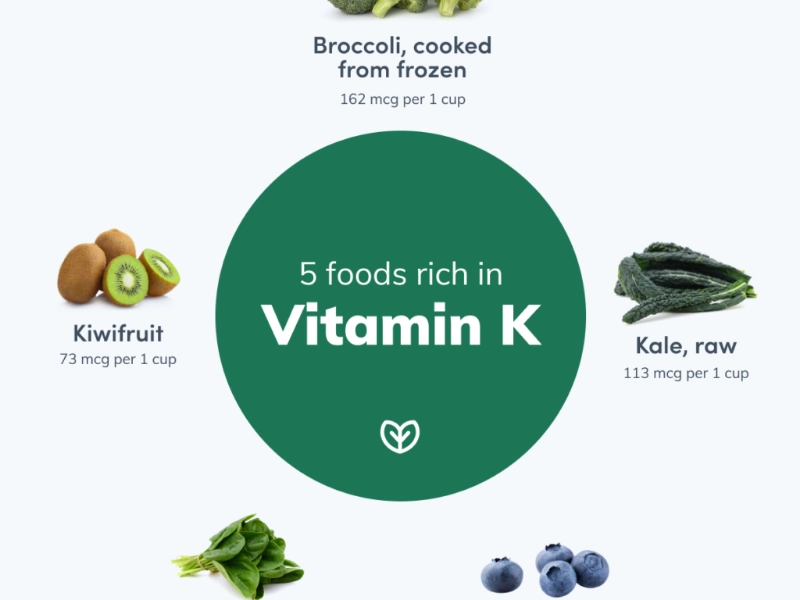
Comprehensive Approach to Bone Health
Effective fracture prevention requires a multi-faceted approach:
- Balanced diet rich in vitamin K
- Regular weight-bearing exercise
- Healthy lifestyle maintenance
- Adequate calcium intake
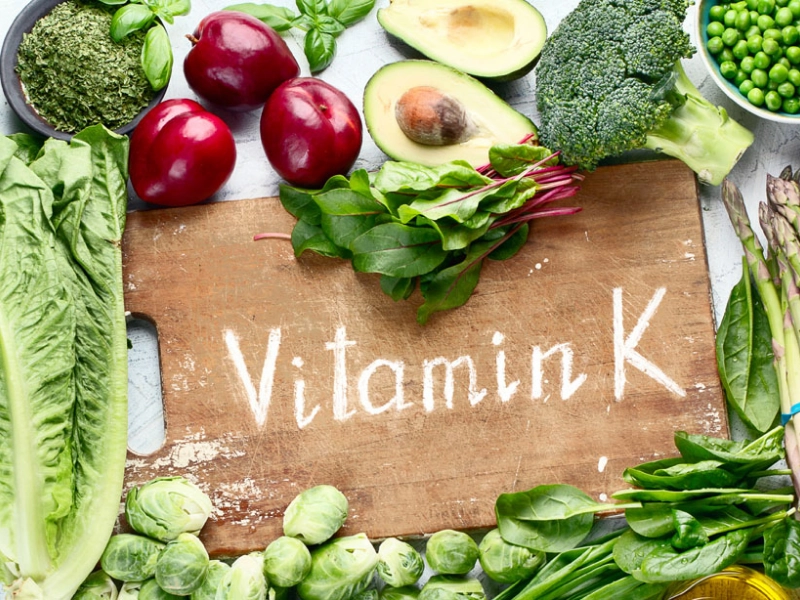
Supplementation Considerations
While whole food sources are optimal, supplements may be beneficial: - Vitamin K2 shows particular promise for bone health - Consultation with healthcare providers is essential - May be necessary for those with dietary restrictions
Ongoing Research
Current research continues to explore: - Vitamin K's role in various populations - Effects on postmenopausal women - Impact on osteoporosis prevention - Optimal dosage recommendations
Practical Tips for Increasing Vitamin K Intake
Simple ways to boost vitamin K consumption: 1. Add spinach to smoothies 2. Include kale in salads 3. Prepare sautéed broccoli as a side dish 4. Use vitamin K-rich oils in cooking 5. Incorporate leafy greens into daily meals
Conclusion
Vitamin K is a crucial component in maintaining bone health and preventing fractures. Its synergistic relationship with calcium and role in bone metabolism makes it an essential nutrient for skeletal health. A comprehensive approach including proper nutrition, regular exercise, and lifestyle factors, with particular attention to vitamin K intake, provides the best strategy for maintaining strong, healthy bones throughout life.


